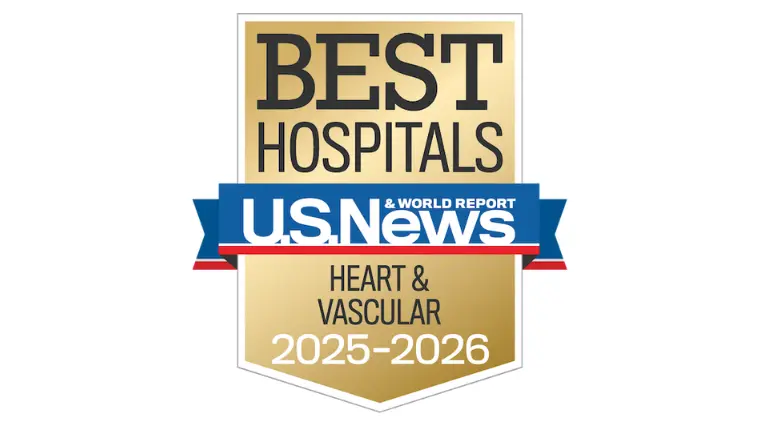Treating Cardiac Amyloidosis
Learn more about your treatment options

Chemotherapy
Learn more about how UChicago Medicine's oncologists are designing effective chemotherapy treatment plans.

Stem Cell Transplant
UChicago Medicine is one of the nation's top centers for stem cell transplants.

Heart Transplant
At UChicago Medicine, you can reach out to some of the most experienced cardiologists and cardiac surgeons in the country.
Request an Appointment
We are currently experiencing a high volume of inquiries, leading to delayed response times. For faster assistance, please call 1-773-702-9461 to schedule your appointment.
If you have symptoms of an urgent nature, please call your doctor or go to the emergency room immediately.
By submitting this form you acknowledge the risk of sending this information by email and agree not to hold the University of Chicago or University of Chicago Medical Center liable for any damages you may incur as a result of the transfer or use of this information. The use or transmittal of this form does not create a physician-contact relationship. More information regarding the confidentiality of this request can be found in our Privacy Policy.
* Indicates required field

